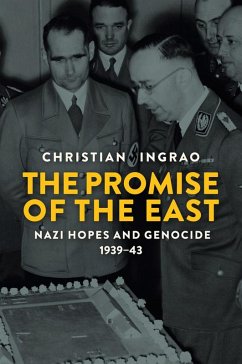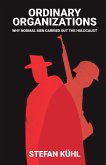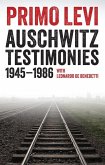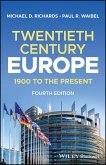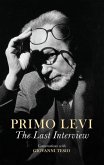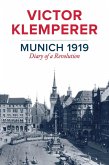Dieser Download kann aus rechtlichen Gründen nur mit Rechnungsadresse in A, B, BG, CY, CZ, D, DK, EW, E, FIN, F, GR, HR, H, IRL, I, LT, L, LR, M, NL, PL, P, R, S, SLO, SK ausgeliefert werden.
Hinweis: Dieser Artikel kann nur an eine deutsche Lieferadresse ausgeliefert werden.
Jean-Marc Dreyfus, University of Manchester
'Christian Ingrao offers a grim but compelling story, reminding us that the Nazis' genocidal policies were only part of an even more far-reaching utopian project, a project that succeeded in mobilizing the energies of tens of thousands of young men and women, inspired by the dream of a greater Germany.'
Mark Roseman Director, Borns Jewish Studies Program, Indiana University
'We are indebted to Christian Ingrao for giving us a fine reading based on the best sources of this bloody episode of modern history.'
Olivier Wieviorka, Libération
'Christian Ingrao's new book is a landmark and tour de force. In highlighting the interplay of Utopia and genocide, it sheds a fresh and disturbing light on our times.'
Paul Gradvohl, L'Histoire

